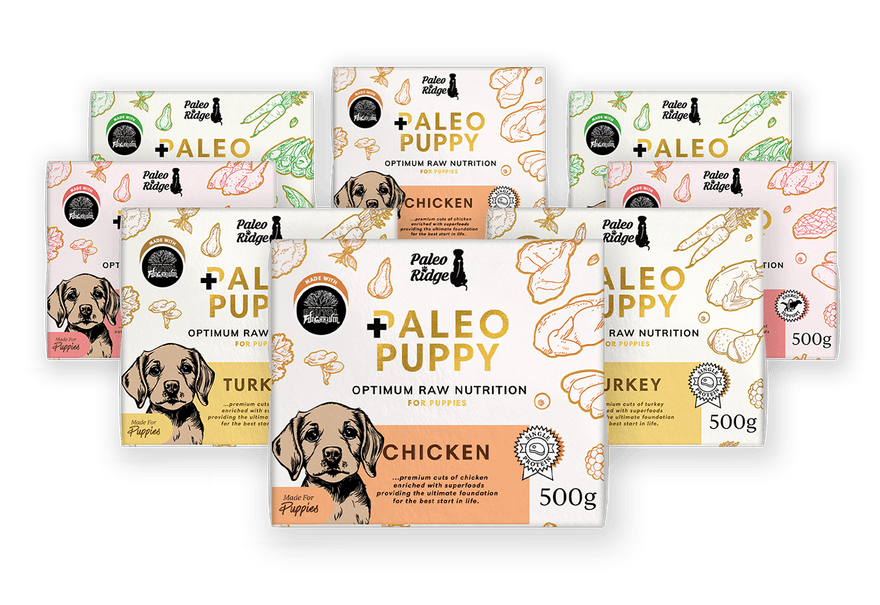The hormone glucagon acts on the liver to stimulate glucose production and its release, and on fat cells to create fat breakdown. As glucagon rises, glucose falls. Interestingly, adrenaline, cortisol, insulin and growth hormones also make blood glucose rise.
With so many component parts working in synergy, it’s no surprise that if any part becomes compromised, the effects can be dramatic, leading to the endocrine system’s mal-function.
Disturbing the body’s balance or homeostasis, an impaired metabolic function contributes to common diseases including diabetes, pancreatitis, hypo or hyperthyroidism and Cushings.
Back in 2016, pet insurer, Animal Friends, revealed that diabetes had risen by 900% since 2011. Linked to the surge in obesity in dogs and to other lifestyle choices, not least ultra-processed foods.
Opting for a fresh, functional and wholefood diet offers natural support for the endocrine system, not least by minimising sugar intake.
Allowing the endocrine system to absorb and process a balance of species appropriate ingredients. In contrast to overly processed choices like kibble, often comprising up to 70% complex carbohydrates.
Dogs can be exposed to EDC ’s in both indoor and outdoor domestic environments either through ingestion, inhalation or transdermal absorption.
Their exposure has been associated with several health disorders comparable to those described in humans, including thyroid and reproductive disorders, diabetes, heart and kidney diseases, and various types of cancer.
Estimated to be 3.5 times more toxic than outdoors, the indoor environment can easily be balanced by opting for vintage furniture, rugs and throws, plus choosing plant or probiotic based household cleaning products.
And by avoiding any scented candles or chemical air fresheners, opting for natural herbal alternatives.






